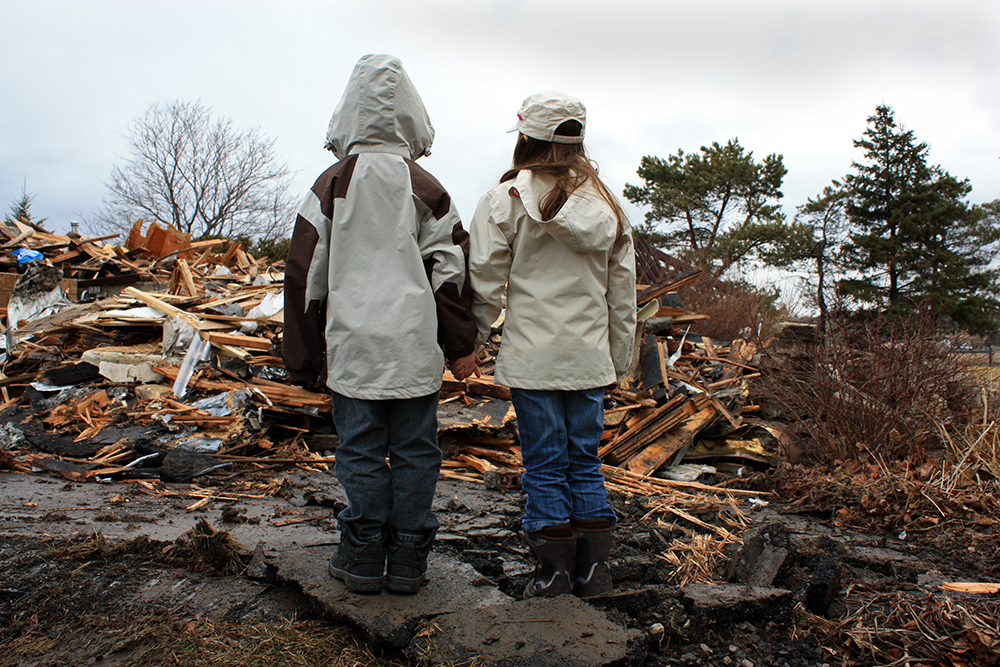The adult-parent and the adult-child generations are having struggles with each other: struggles in communication, in values and in just how to get along and care about each other. However, while the generations are different, they have much more in common than they have differences. So here are some tips to help you improve love and communication with your adult child.
Don’t treat them like a child, treat them like an adult. In fact, I don’t really like the term “adult child”, because that is an oxymoron. By definition, a child is dependent. That’s what being a child is: someone who is dependent on their parents for their physical, emotional, relational and financial needs. But an adult is someone who is independent from parents for those needs. They are self-sufficient and have their own set of supportive and caring community to help them. Certainly a parent can be part of that community, but it doesn’t work well for a parent to be the primary source of life for them. So I’ll use the term “young adult” to make this clearer from here on out…
Enter their world. Parents of young adults are often reluctant to learning about their young adults’ lives, values, culture and interests. It’s not familiar and comfortable for them. So they just retreat to talking about their own activities. And it cuts off connection. So unless it’s dark material that is just really toxic, just ask about what they do for fun and meaning. Stay interested.
Respect their choices. Young adults need to know that their life choices, even when their parent disagrees, are respected as their own choices. That is a hallmark of being an adult. You may not agree with the choice, but you have no right to not respect their right to choose. There is nothing wrong with disagreement, and often good things happen when those conversations can be had respectfully. But keep it respectful. Remember how you felt when you were a young adult once, yourself.
Refrain from unasked-for advice. Parents often have a protective desire to give advice to their young adults. They don’t want their kids to make mistakes in relationships, finance and self care. However, unasked-for advice is generally not helpful. The person is more concerned about feeling put down or controlled, than whatever you want to say to them. And saying “I’m just trying to help” does not work. So instead, use PTSF: ask, “May I have your permission to speak freely?” If they say OK, give it. If not, just talk about something else. Now, if there is some major dangerous emergency, certainly go ahead. But if not, don’t.
Encourage other life sources besides yourself. Some young adults are on the other end of the spectrum. They have not emotionally, relationally or financially cut the cord, so to speak. They go to their parents to keep their self-regard regulated, be their best friend and supplement their income deficits. This is a type of dependency, and slows down the adulting process. So suggest to them to find other friends who will help them in these areas, and encourage autonomy and self-sufficiency. In serious cases, a parent may have to give the young adult less access to time and money, just to help them launch table score out more.
Don’t fragilize. No one wants to see their young adult struggle. But struggle is how we grow and are empowered. So don’t view them as fragile and easily-breakable people. Let them fail, learn lessons and find support. You can certainly be part of that support to an extent. But view them, and behave with them as they are: resilient and intelligent people who are finding their way.
I have so much respect for the current young adult generation. They have a number of things going on that we should be learning from. They are worth getting to know!
Best,
John



